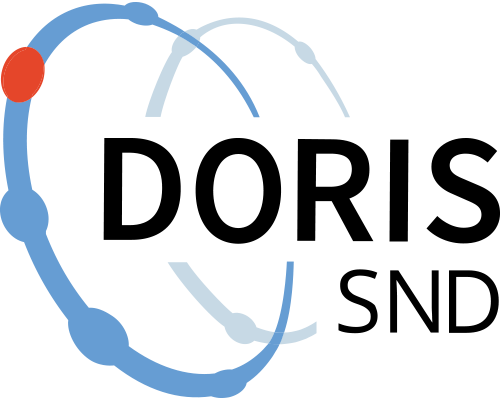Deposition scenarios from Baltic Sea ship traffic with scrubbers
https://doi.org/10.5879/ecds/2017-10-10.1/1
A change in regulation for maximum sulfur content in maritime fuel, in 2015 from 1 to 0.1 %, decreases the atmospheric sulfur concentration and deposition significantly. However, due to costs related to refining, the cleaning of exhausts through scrubbers has become a possible economic solution. Open-loop scrubbers meet the air quality criteria but their consequences for the marine environment are largely unknown. The resulting potential of future acidification in the Baltic Sea, both from atmospheric deposition and from scrubber water along the shipping lanes, based on different assumptions about sulfur content in fuel, scrubber usage, and increased shipping density has been assessed. This database contains shipping and scrubber scenarios for atmospheric deposition and scrubber exhaust from the period 2011 to 2050.
When using this dataset, please also cite: Claremar B., K. Haglund, A. Rutgersson. Ship Emissions and the use of current air cleaning technology: Contributions to air pollution and acidification in the Baltic Sea. Accepted for publication in Earth Syst. Dynam., 8, 1–19, 2017.
Data files
Data files
Citation and access
Citation and access
Data access level:
Creator/Principal investigator(s):
- Björn Claremar - Uppsala University - Department of Earth Sciences
- Anna Rutgersson - Uppsala University - Department of Earth Sciences
Research principal:
Data contains personal data:
No
Citation:
Language:
Method and outcome
Method and outcome
Administrative information
Administrative information
Topic and keywords
Topic and keywords
Relations
Relations
Publications
Publications
Metadata
Metadata
Version 1.0
